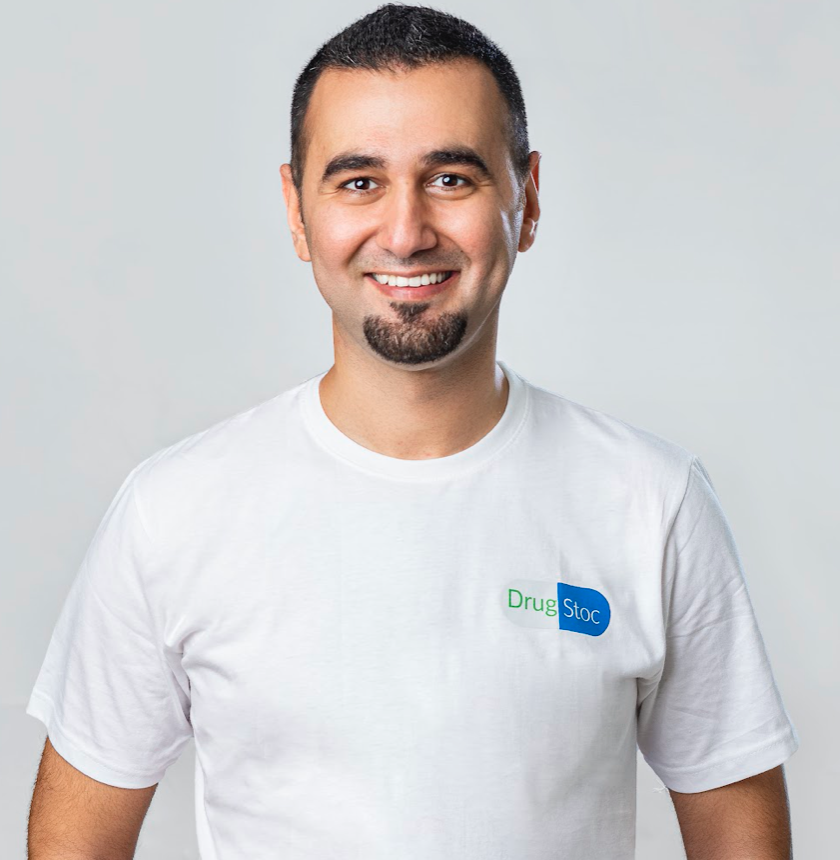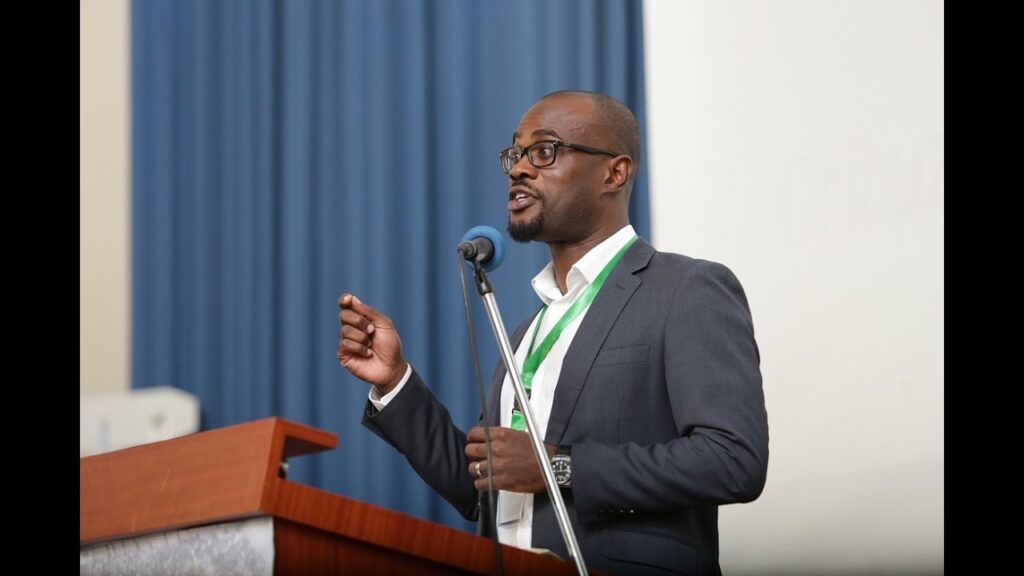New Money In Town
Nigeria, for quite some time, has been spewing bad news. Boko Haram, bandits and Fulani herders are in the news every day. They kill, maim, rape and uproot people. They have been a constant feature of the headlines for over 10 years.
Politics has been more rancorous in Nigeria than it has been elsewhere, both in Africa and other parts of the world. It’s a winner-takes-all game fought like wars. Words of war (baboon swimming in their own blood), weapons of war and men of war have been deployed, and it has been the exceptional grace of God that has kept the nation from fighting multiple civil wars.
The economy has been consistently heading south, though the nation had quickly exited two recessions in the recent past. But while celebrating the quick exit, the question is, Should Nigeria have entered a recession in the first place? The recession that followed the Covid-19 shutdown is the only one that is excusable.
Generally, economic management has been poor, and the 2022 Appropriation Bill (cynically named Budget of Economic Growth and Sustainability) promises more misery for the populace. In so many homes and offices, patronage of government media has thinned out. Kids becoming young adults hardly know what NTA stands for. Nobody turns on television stations like that at their homes or places that they visit. If there is any good that the government is doing, the populace hardly gets to notice till it passes their neighbourhood.
But in the midst of all that, something new, something good, is happening. New money from outside is coming into Nigeria – money that is not dependent on political party affiliation or ethnic privilege. Hardly would a week pass without a hint of this.
It is coming from the international venture capital markets into smart new enterprises. It runs on a backbone of information technology, bringing efficiency to otherwise common daily ventures from transport to healthcare and agriculture.
We shall take a look at some of these enterprises and the ventures with which they have secured international capital, escaping the atrocious domestic interest rates upwards of 20%.
Take Shuttlers, a transportation company founded by Damilola Olokesusi in 2016. Dami was born in Lagos but grew up in Ibadan. When she returned to Lagos to look for work after school, it was a culture shock for her, having to run fast to get a seat in danfo buses. Ibadan was a lot more relaxed and you had your dignity even when trying to board a commercial vehicle.

Adham Yehia 
Chibuzor Opara
Dami made up her mind to do something to reform transportation in Lagos. Ride-hailing services like Uber had come into town, but they catered for the upmarket – those that could afford to hire cars for their trips. Dami had her sight on the mass market – bus-sharing. She an information-based shared bus-service in 2017, without any proprietary software. Shuttlers took off using Slack, email and WhatsApp to interface with customers. It sold seats on scheduled bus rides to companies and individuals.
With this little value-added, Shuttlers started making profit and attracted the attention of Andela, its first business-to-business-to-client (B2B2C) tech partner. Under the B2B2C, companies split the payment of transport costs with their employees whichever way they see fit. Other offerings include a business-to-business (B2B) module under which businesses pay the full cost of transport for their employees and then the business to customer (B2C) platform under which customers pay the full cost of their transportation.
For its take-off and initial operations, Shuttlers ran on a capital of N3 million raised from family, friends and grants. The outcome, despite this low capital has been outstanding, according to the company. It says it has more than 10,000 users on its mobile app and website users; more than 100 branded and unbranded buses on its platform operating on 30 routes in Lagos; and sells over 6,000 bus tickets daily.
Just last month, Shuttlers announced that it had secured $1.6 million in seed funding from the international venture capital market to ramp up its operations in Nigeria, and venture into some other African markets.
Venture capital companies that raised the funds were led by VestedWorld, a Chicago-based but Africa-focused firm. Other participants include Rising Tide Africa, Launch Africa, Nigeria’s Interswitch, and others.
The story of Drugstoc is similar. The path of its founders, Chibuzo Opara and Adham Yehia, both Nigerians, first crossed in Holland where they were pursuing postgraduate degrees at the Maastricht University. Opara, a trained medical doctor with some years of experience, had made a detour into the world of economics and finance and was pursuing a doctorate, while Yehia was running a master’s programme in health innovation management. They jointly set up Drugstoc in 2015. Last month, the company secured a $4.4 million Series A funding from the international venture capital market for its expansion.
Rooted in Nigeria, the two founders knew the challenges of drug supply in Nigeria. It remains a challenge for even credible health institutions to get the drugs they need from manufacturers and distributors, leading to procurement from third parties, with the risks of fake and sub-standard drugs.
DrugStoc links up drug companies with health institutions. Currently, the company’s services delivers guaranteed products to some 14 million people in Lagos. Now the company plans to expand to 16 states and bring same to 100 million people after which it will look into other countries.
This funding was led by Africa HealthCare Master Fund (AAIC), together with Vested World, German Development Bank (DEG) among others. Nobuhiko Ichimiya, a director with AAIC was quoted as saying: “We are very excited to be part of the DrugStoc journey. The pharmaceutical market in Africa has enormous growth potential, and we are glad to back a company that is well positioned to be a key player in the sector’s growth in sub-Saharan Africa.”
From the names of some of these venture capital companies; one would notice that interest in funding for Africa is rising. It was announced early December that venture capital funds coming into Africa this year will top $5 billion, more than the sum of what came in within the previous three years.
We shall look closely at more of the Nigerian companies that have secured this new cheap patient capital and see what they do. These are the new nodes of growth for the nation. And the sweet thing about this is that these companies submit themselves to best practices and international accounting standards to secure these funds, establishing them on solid rock.

